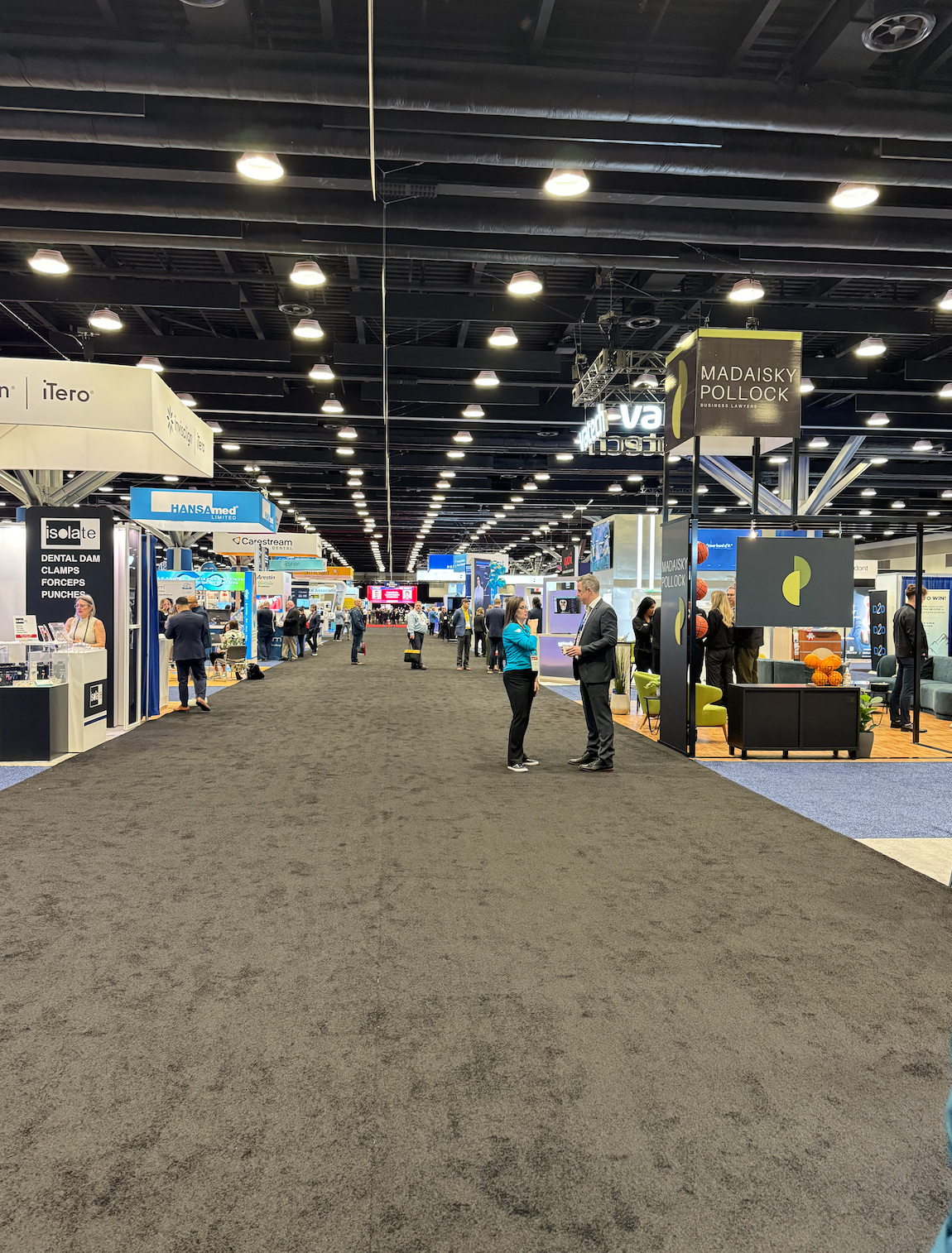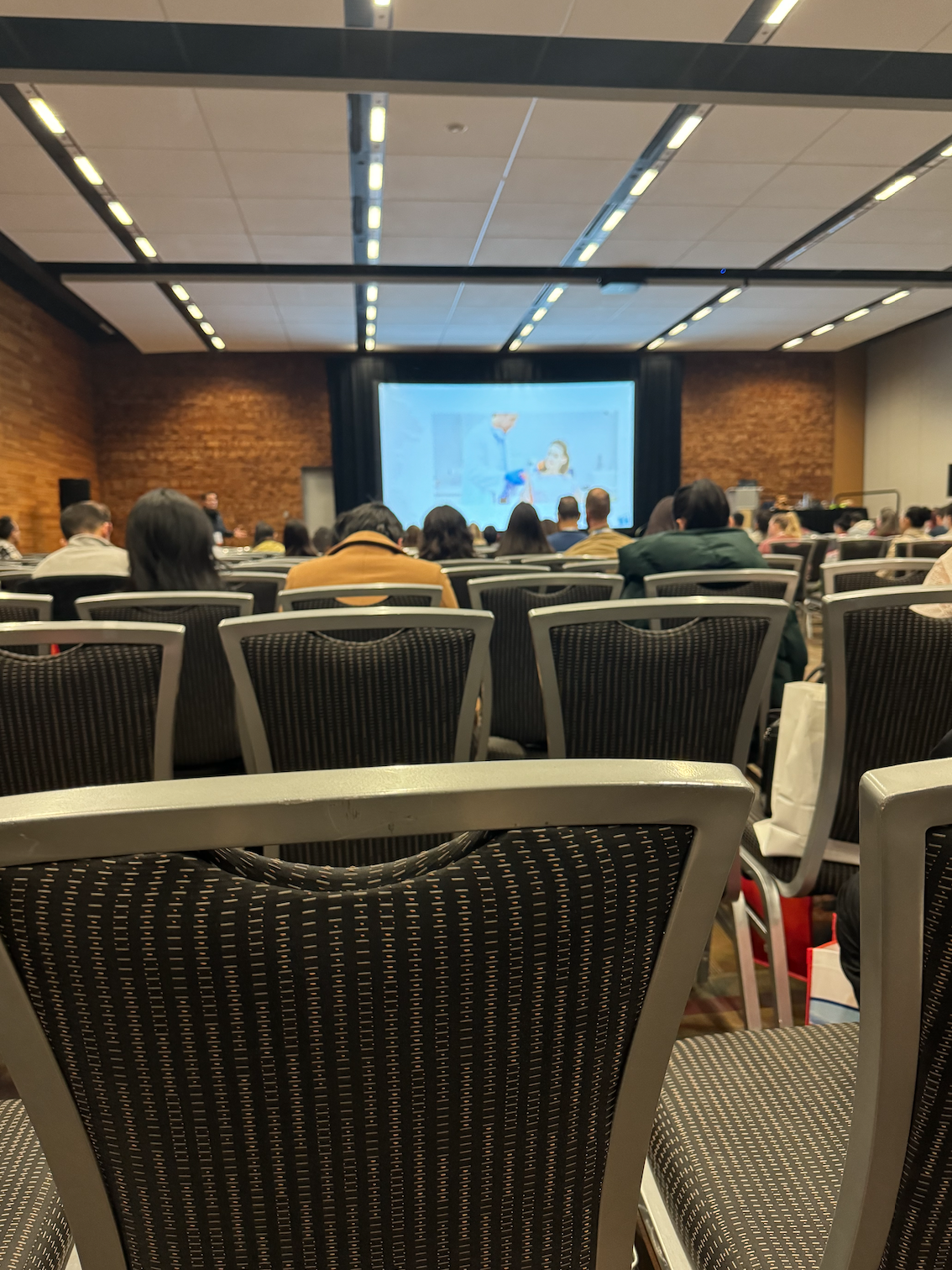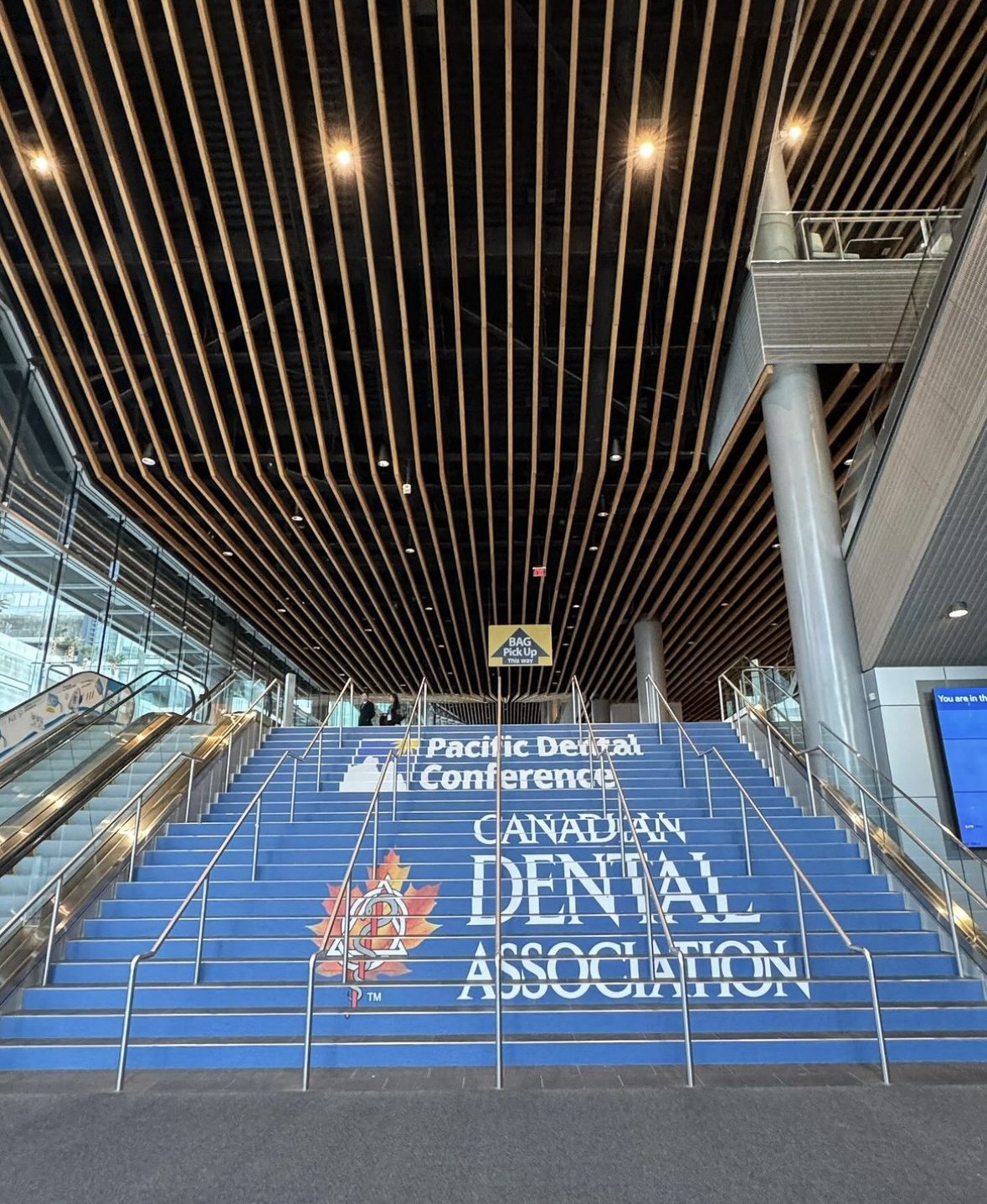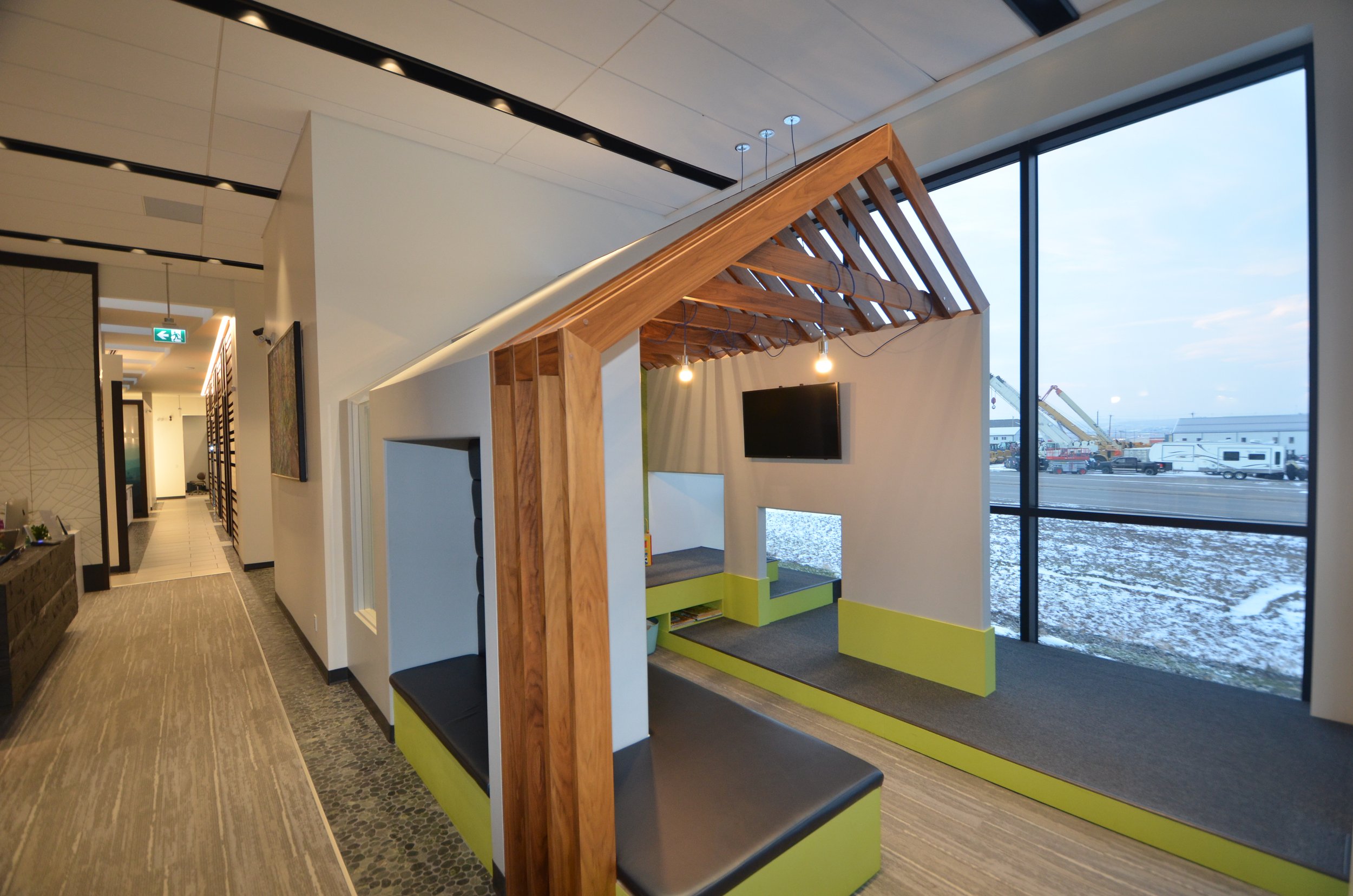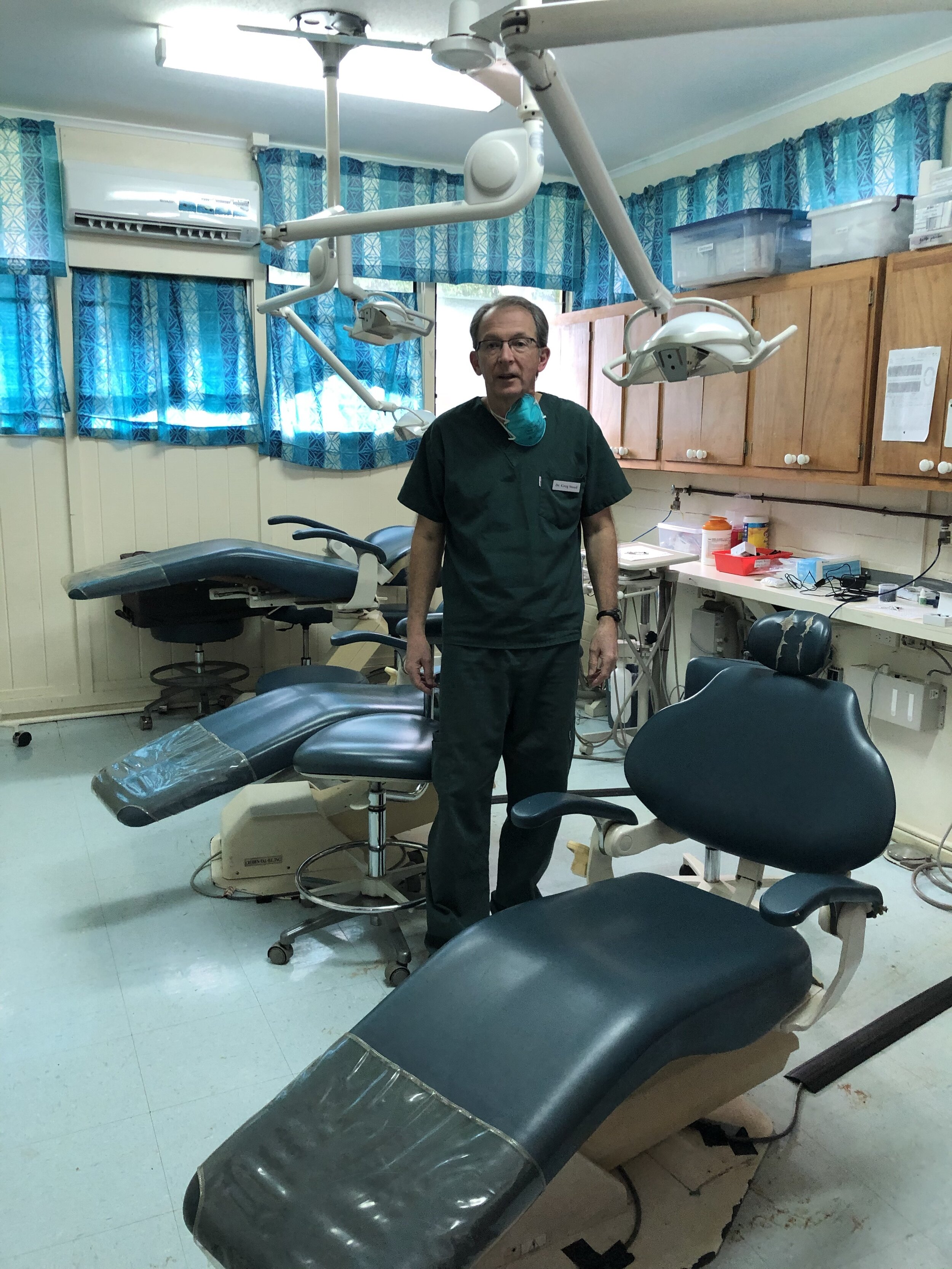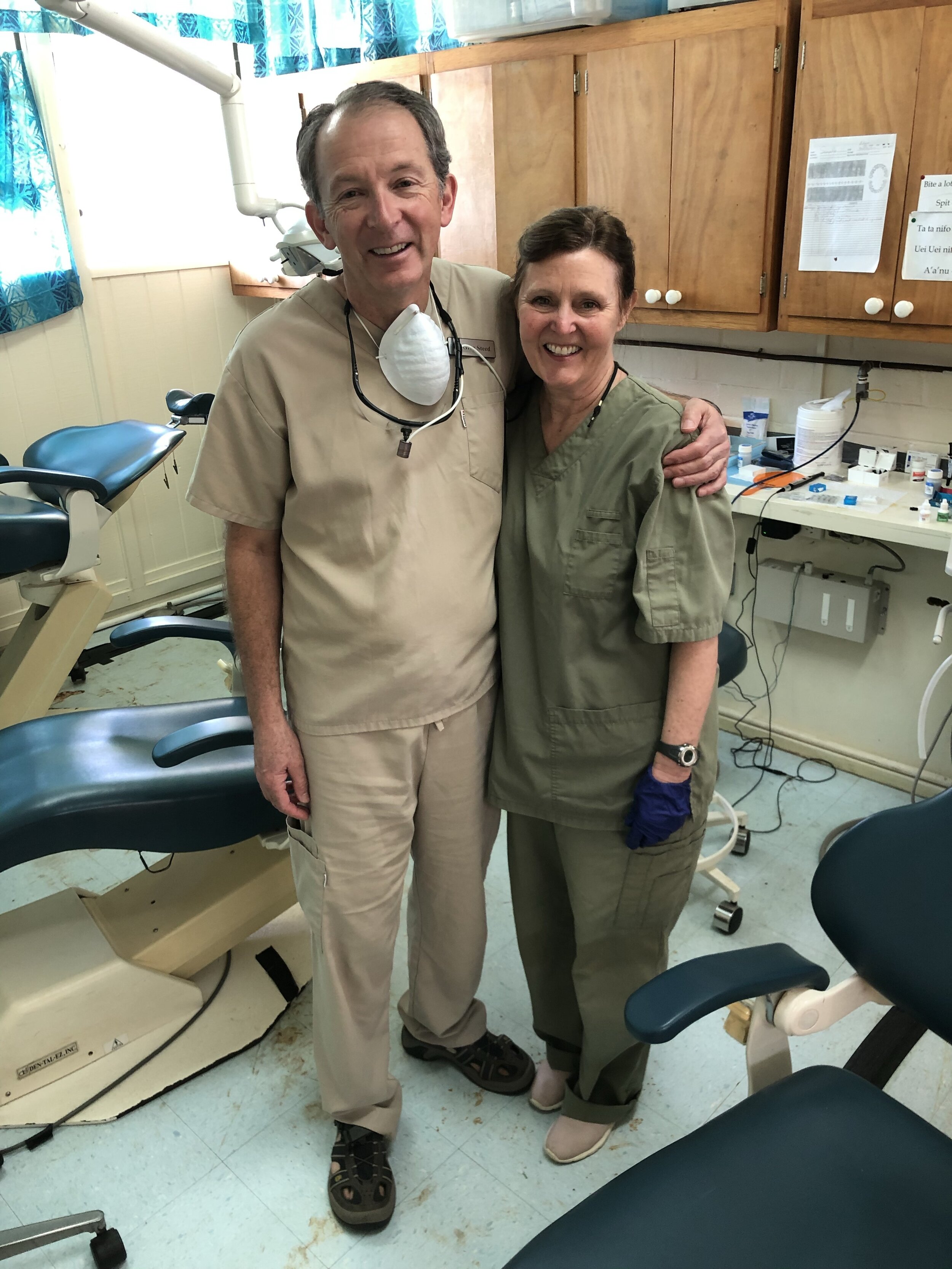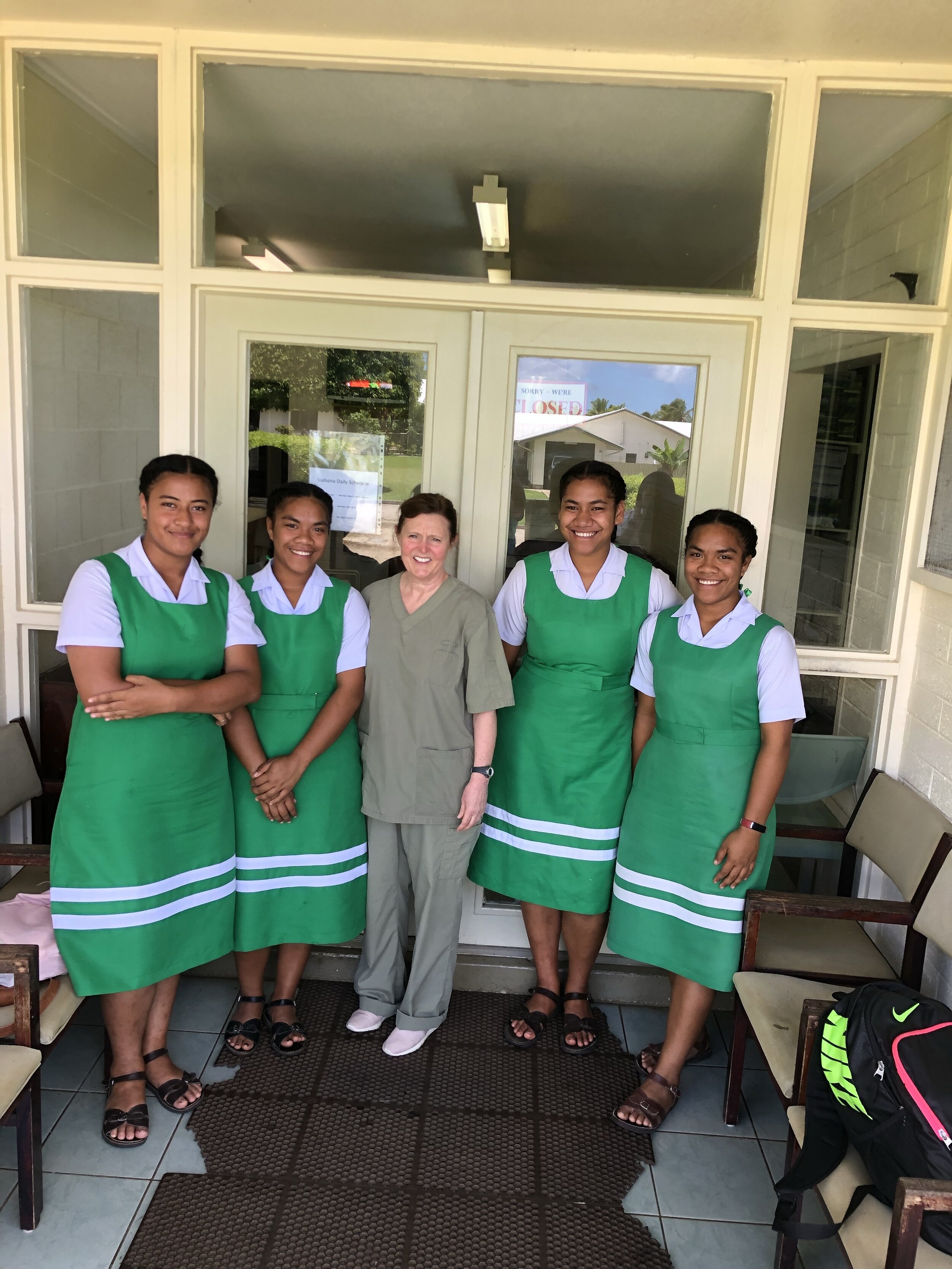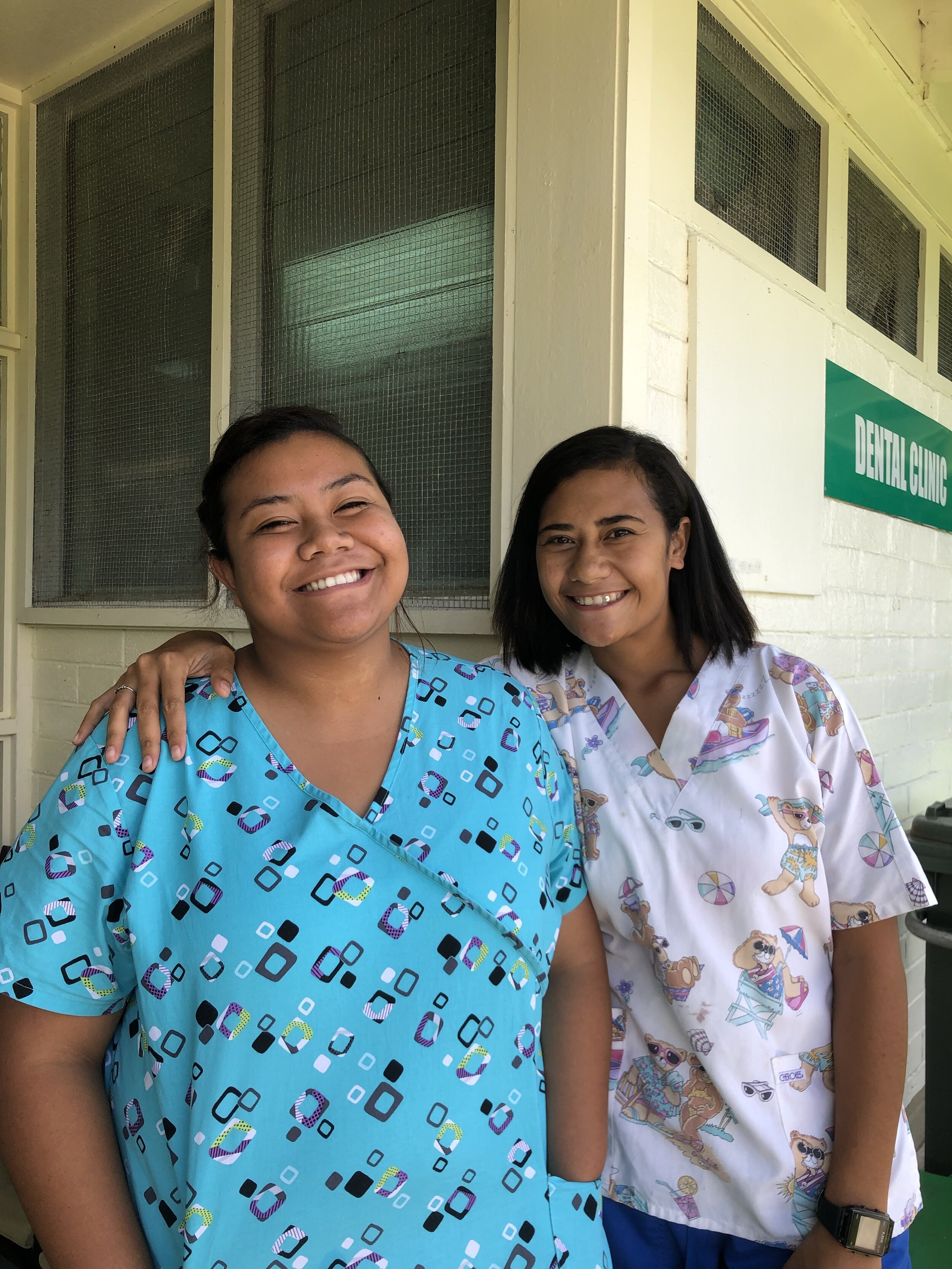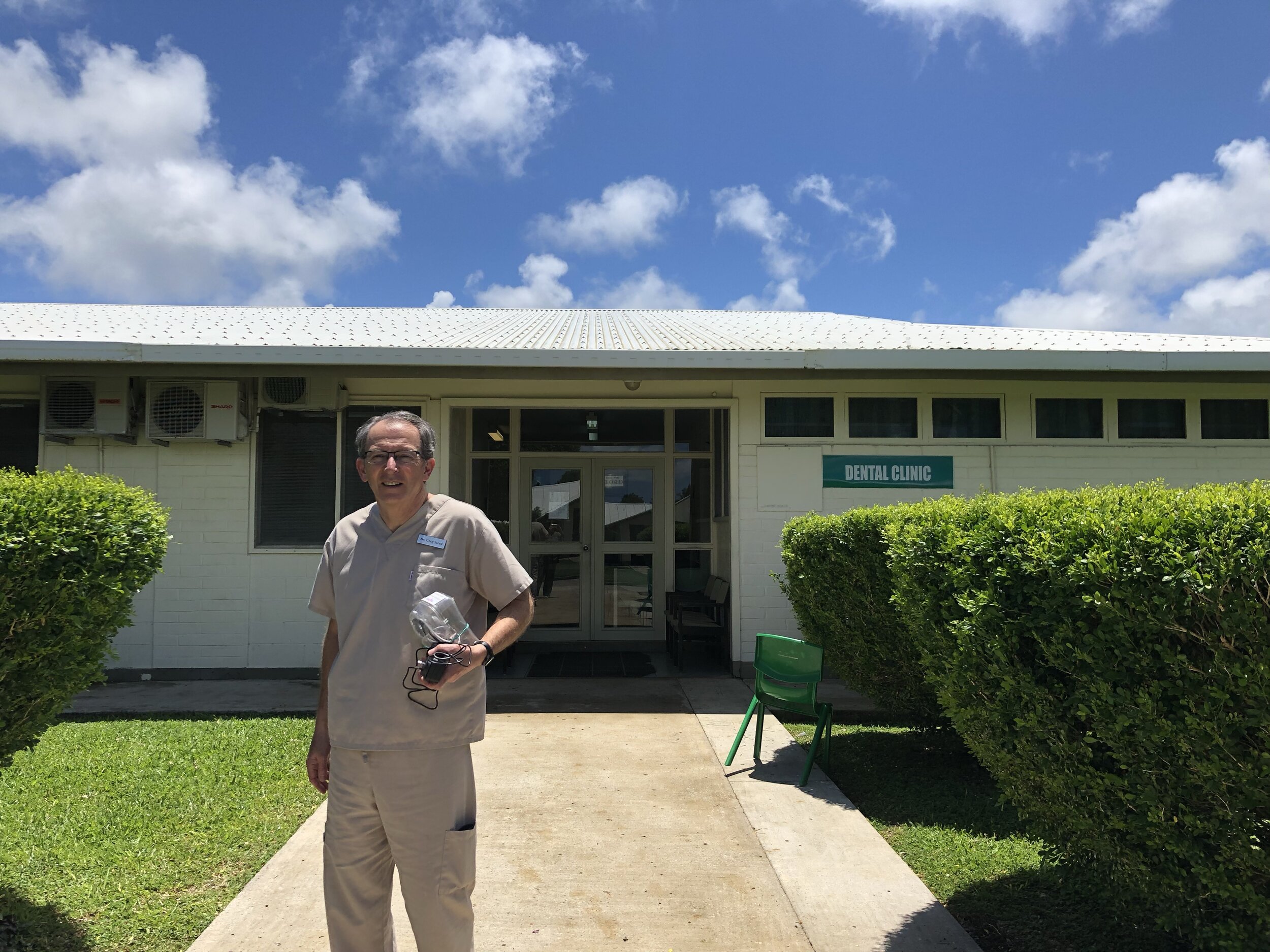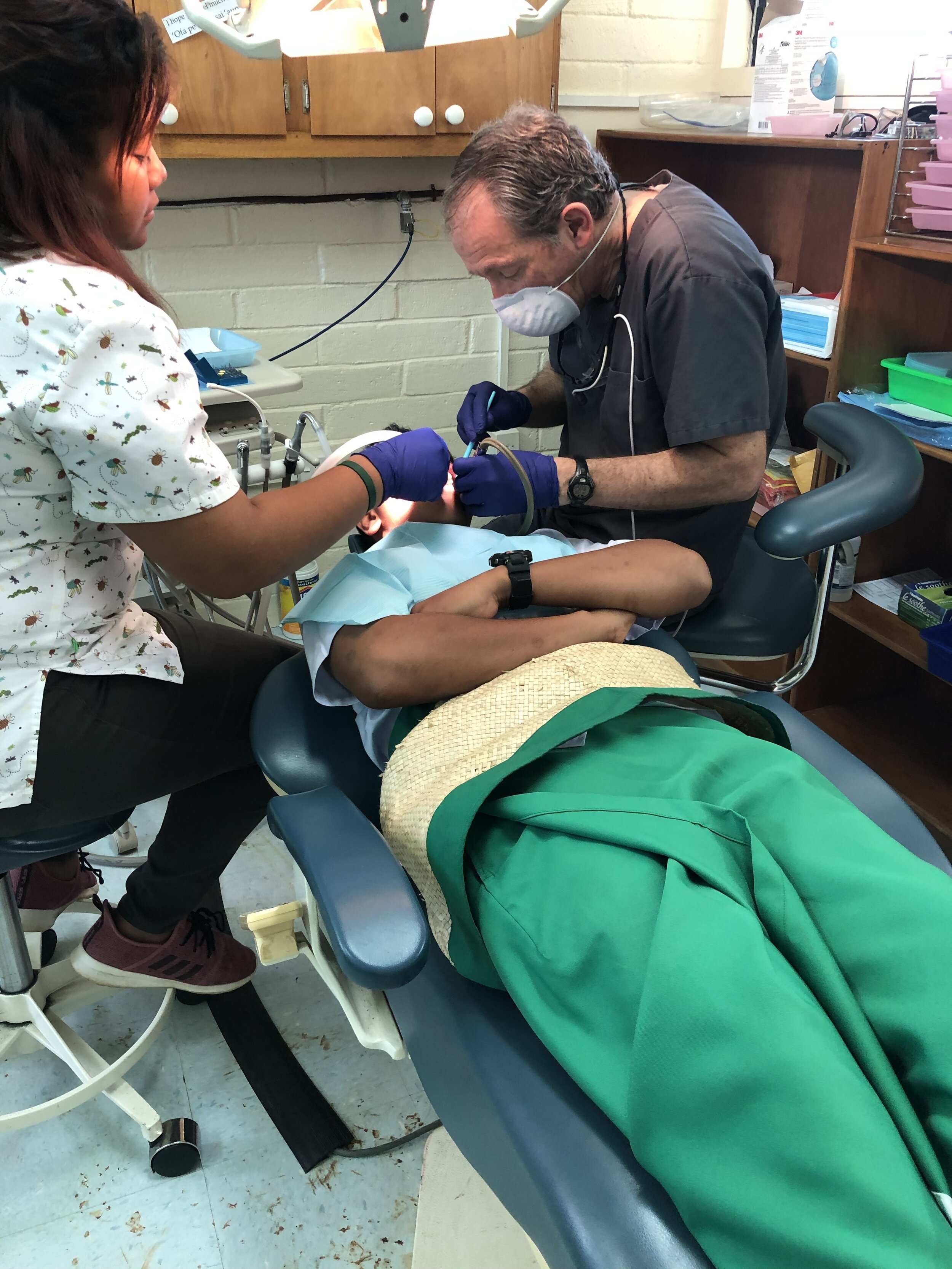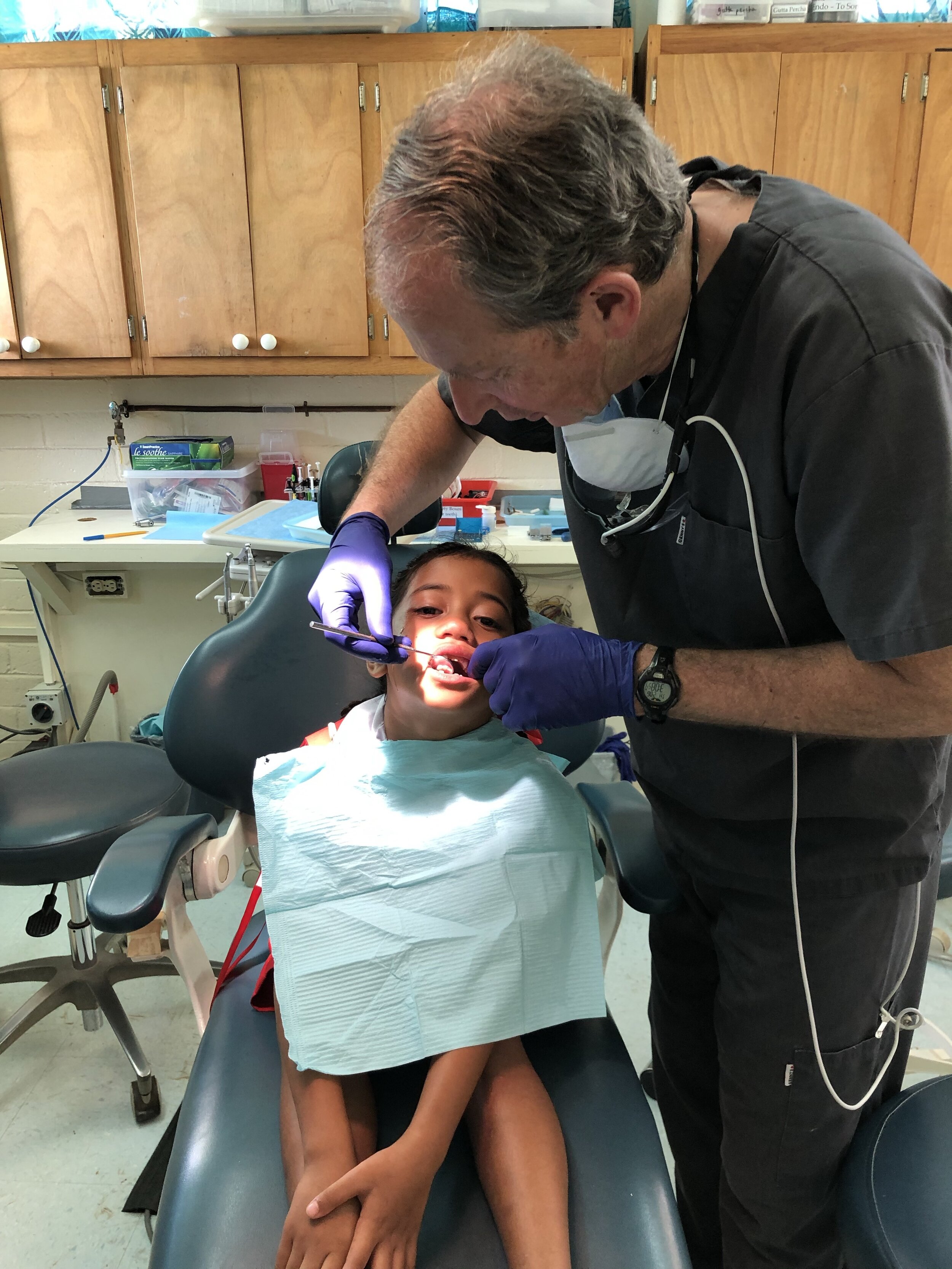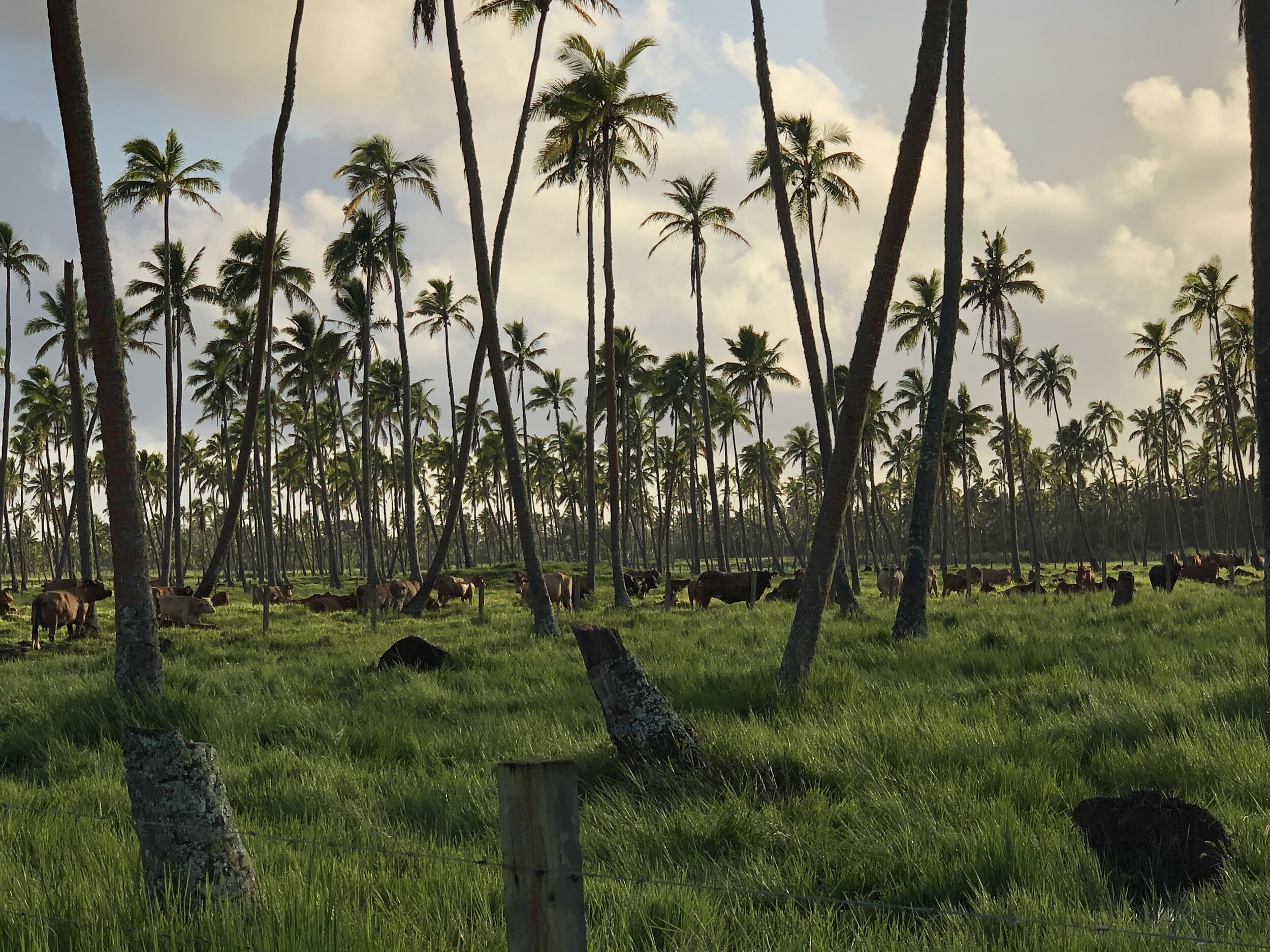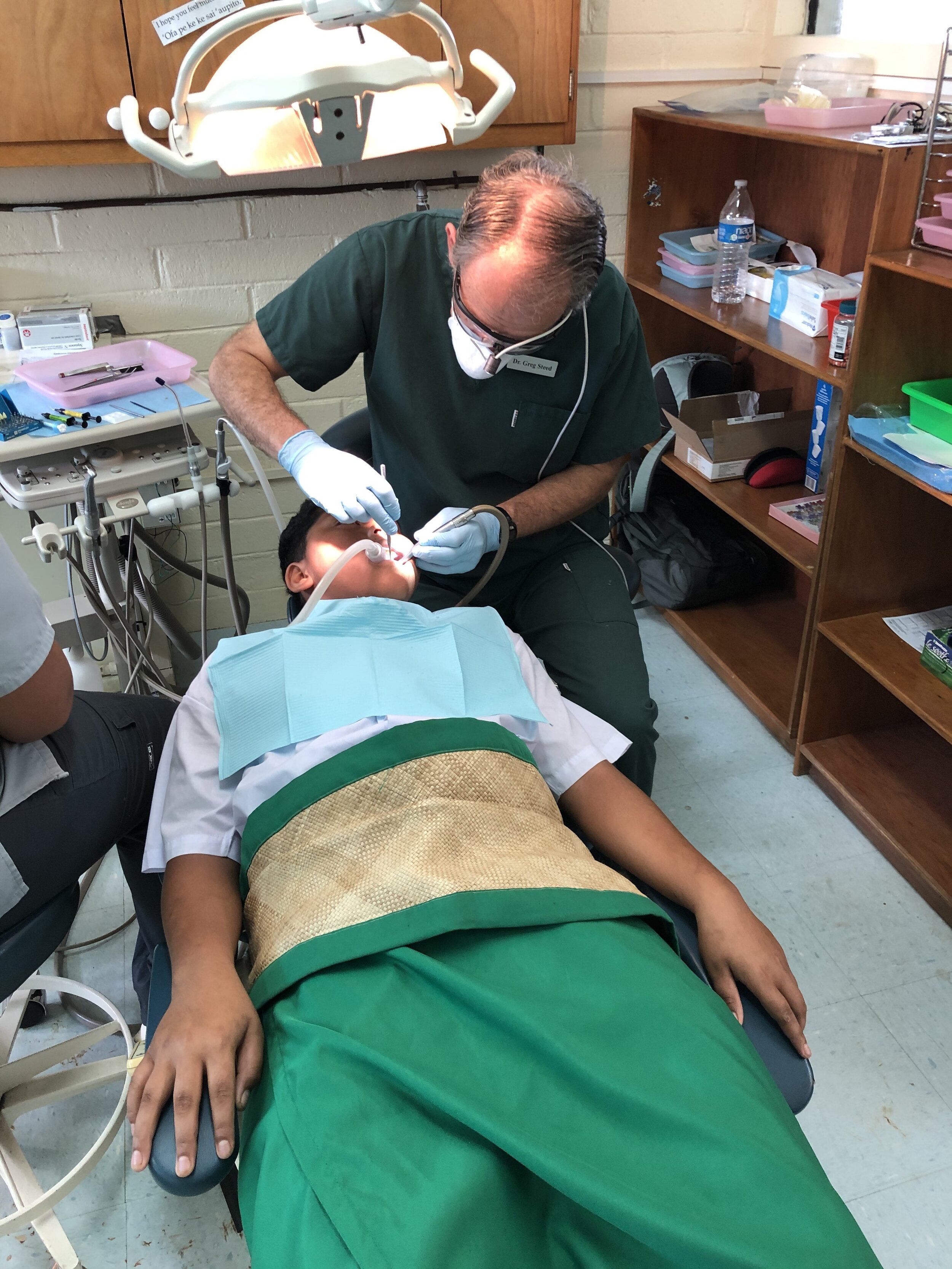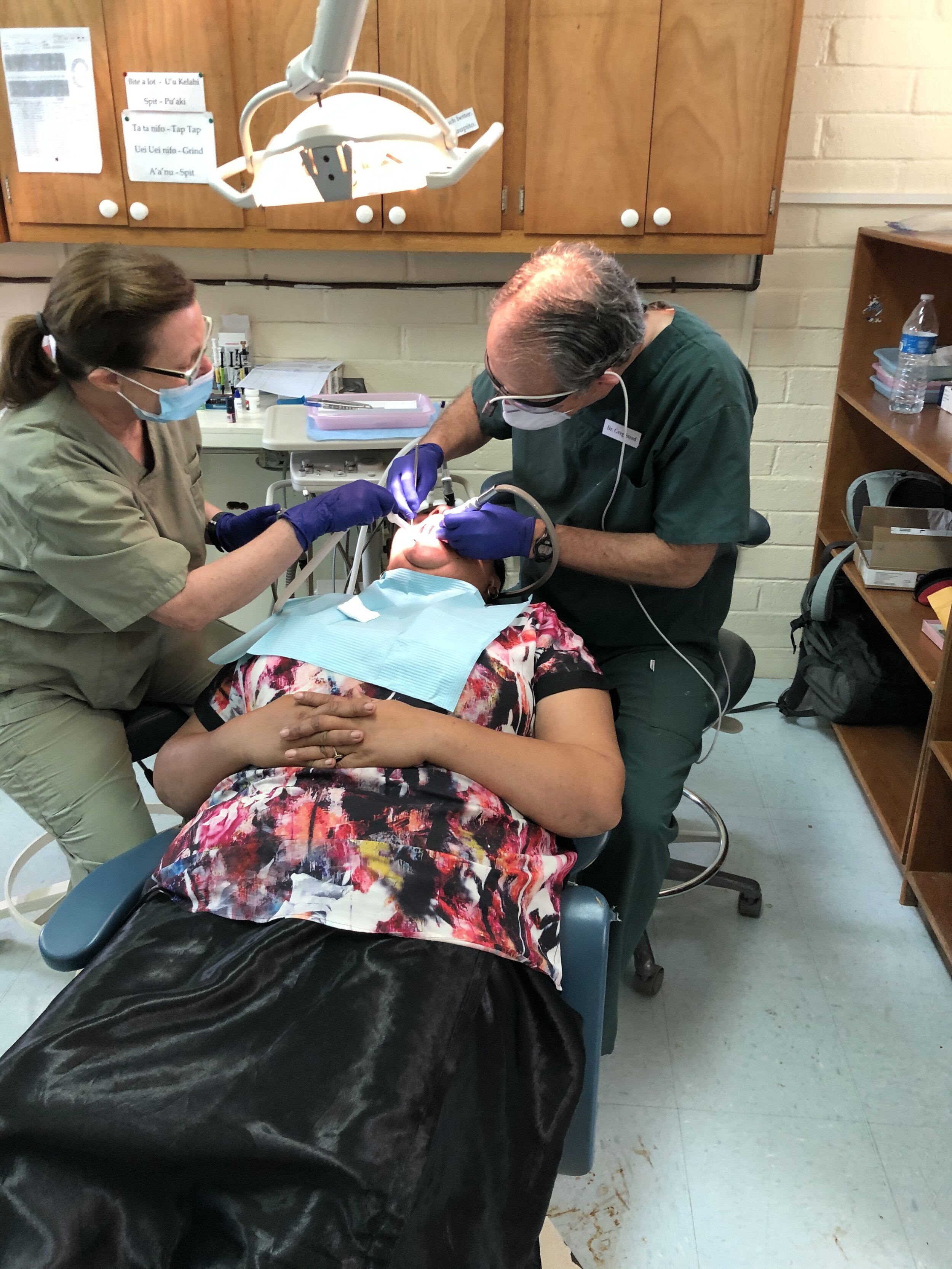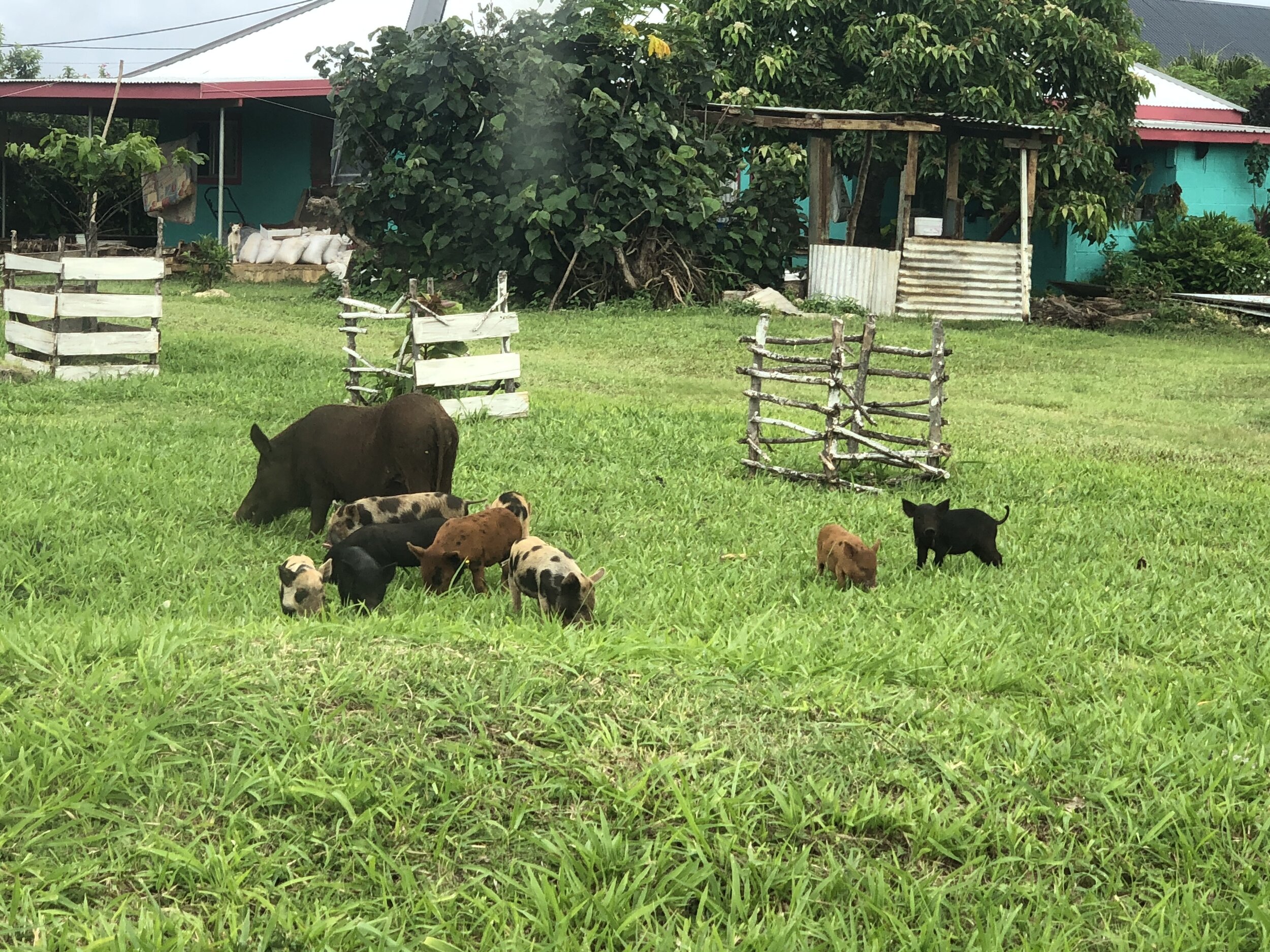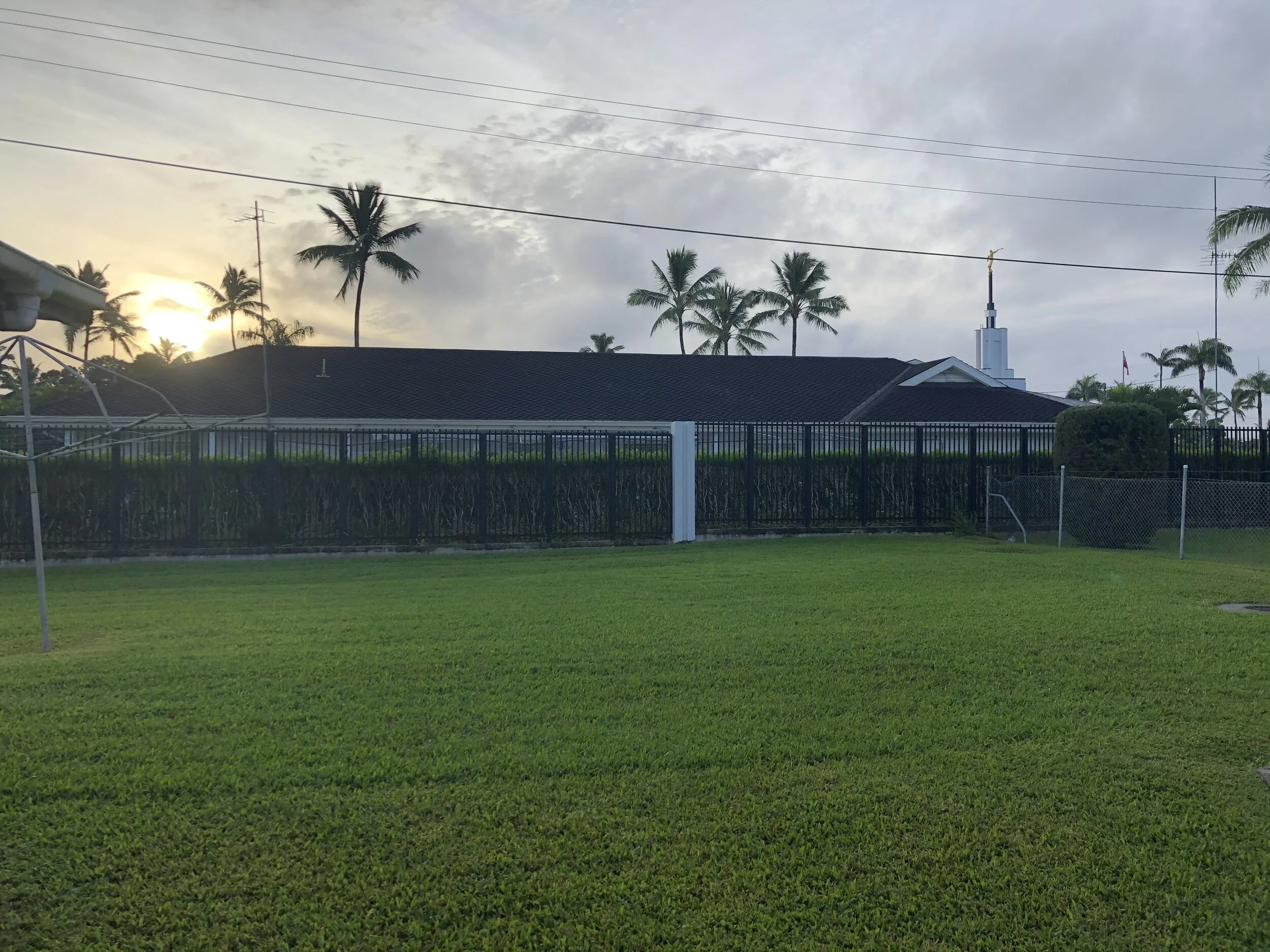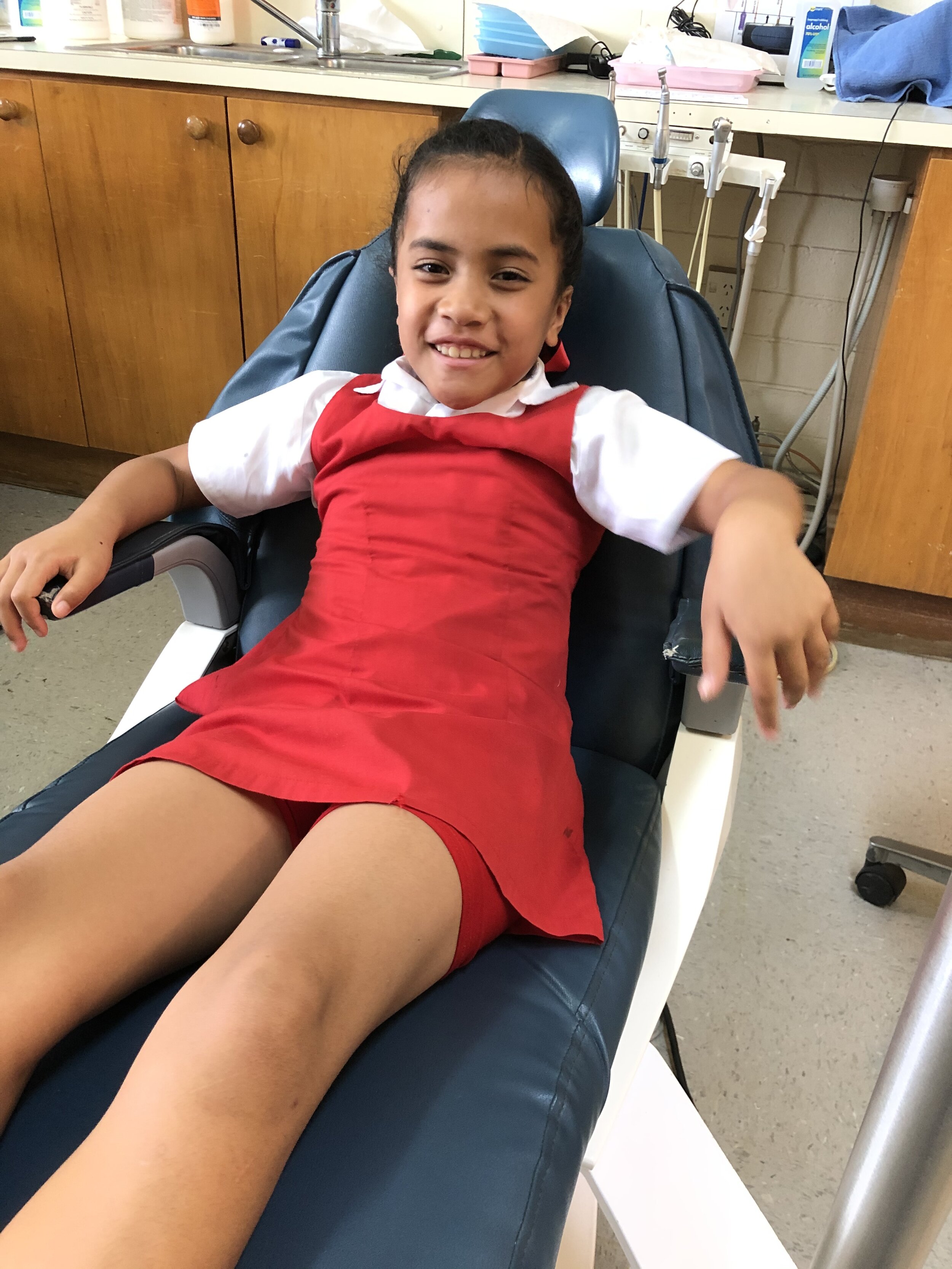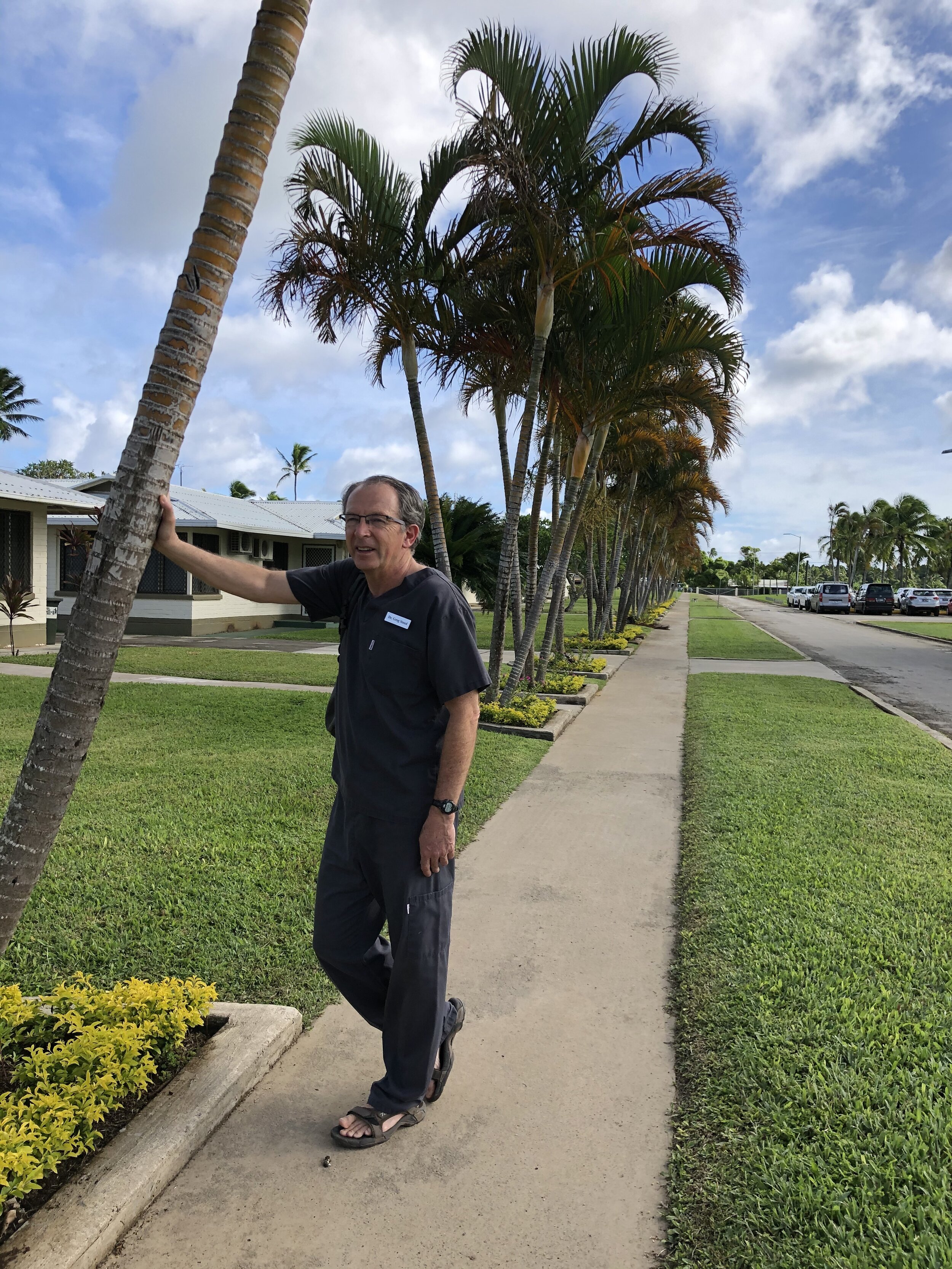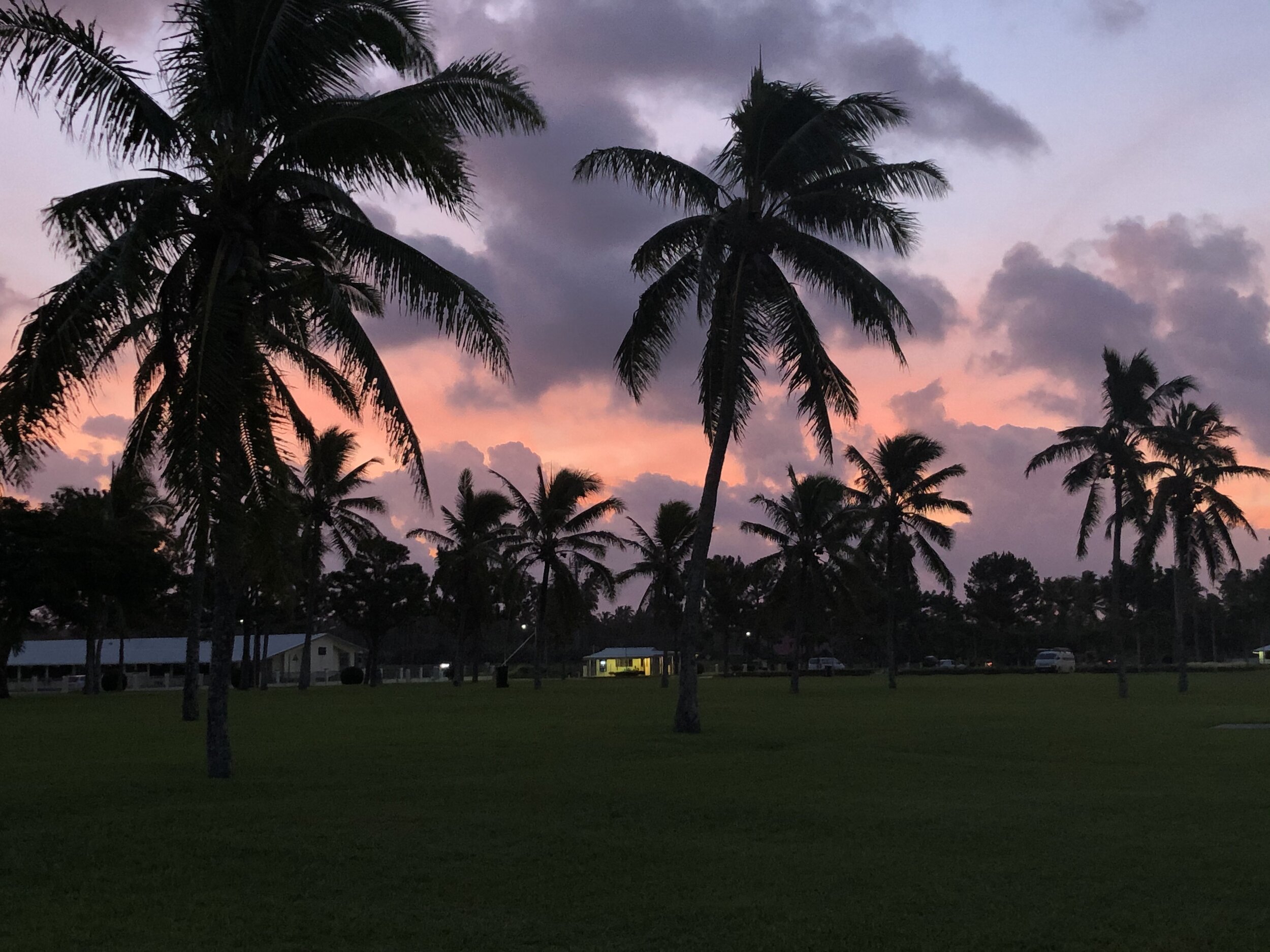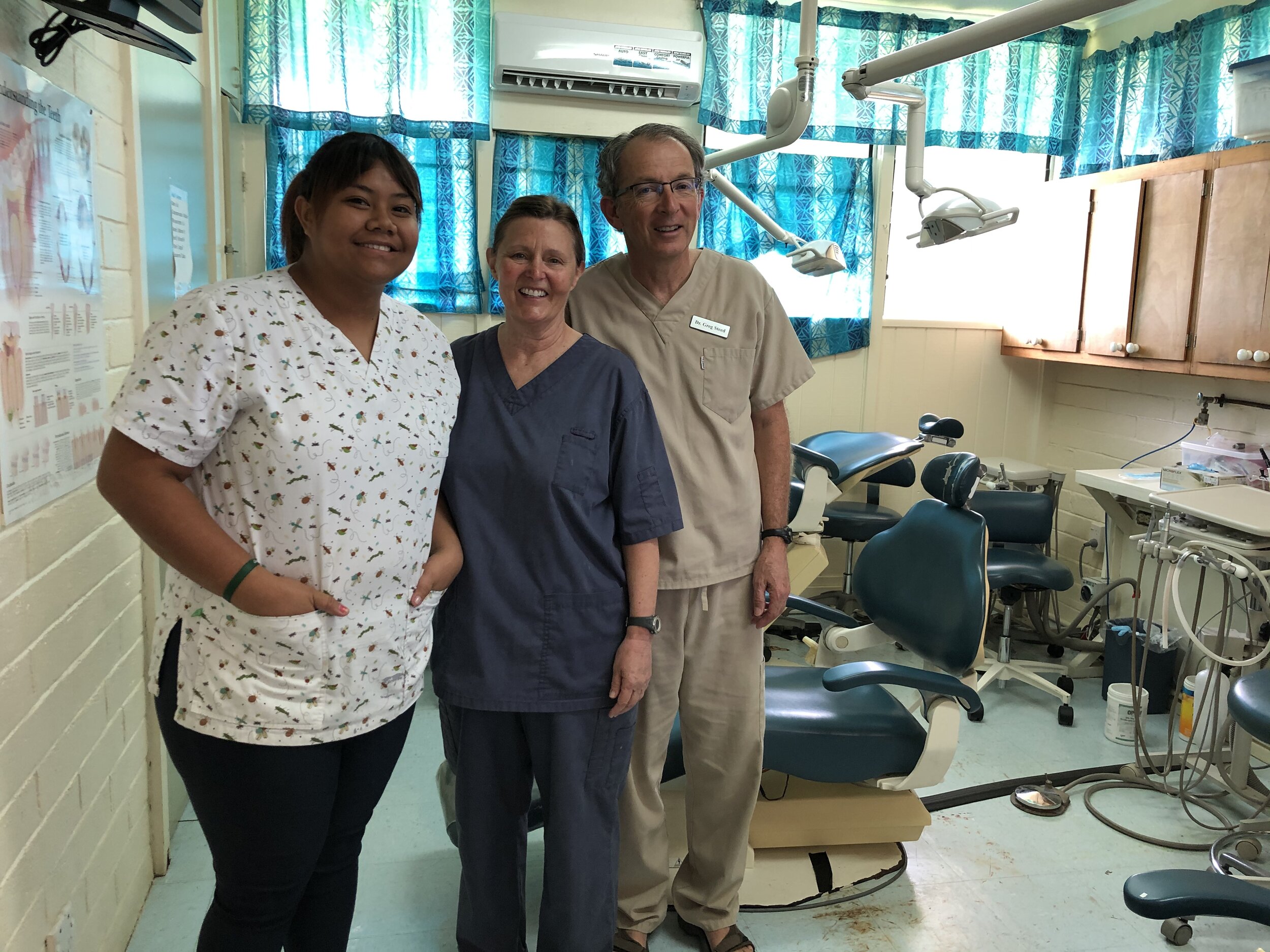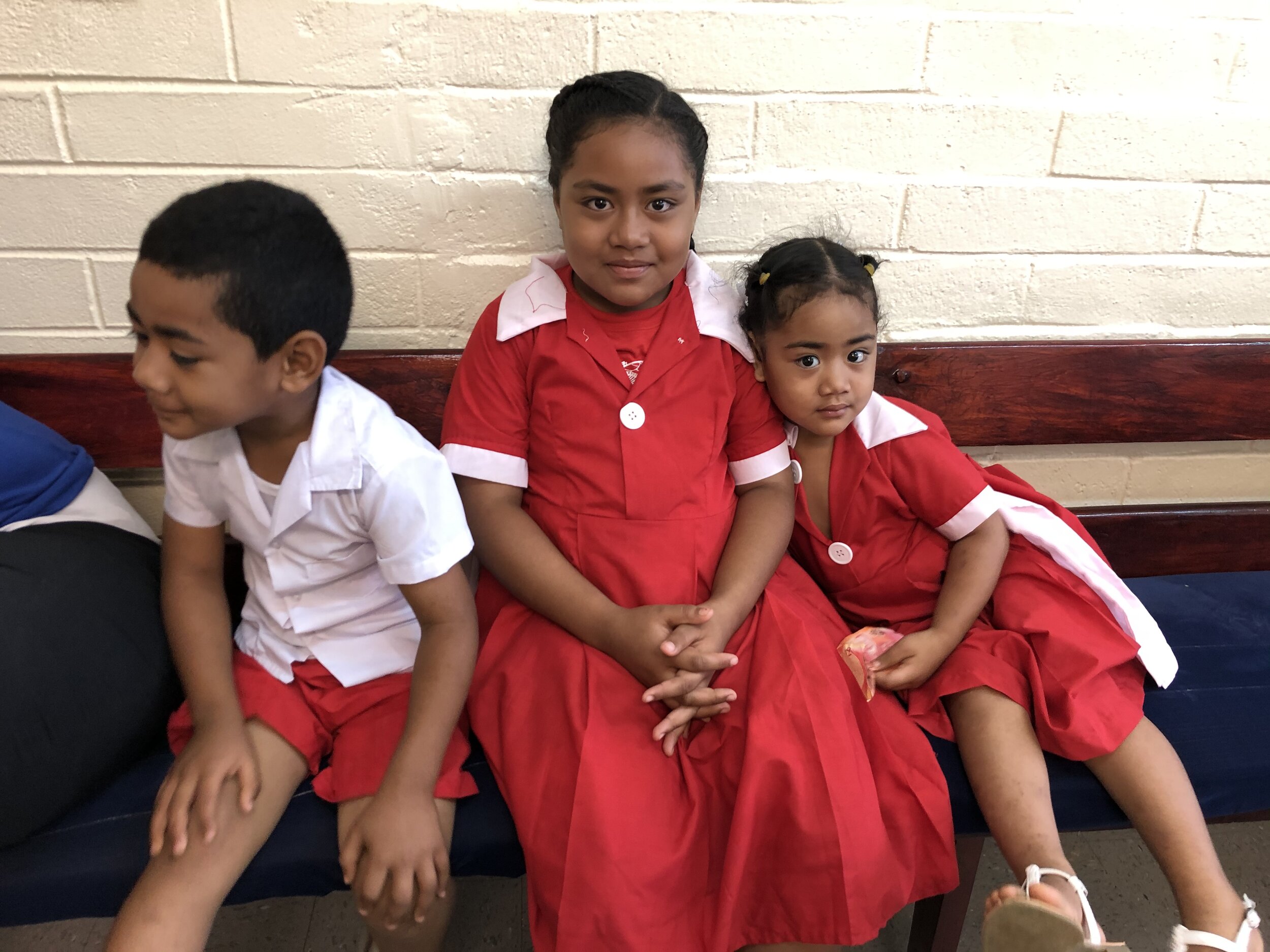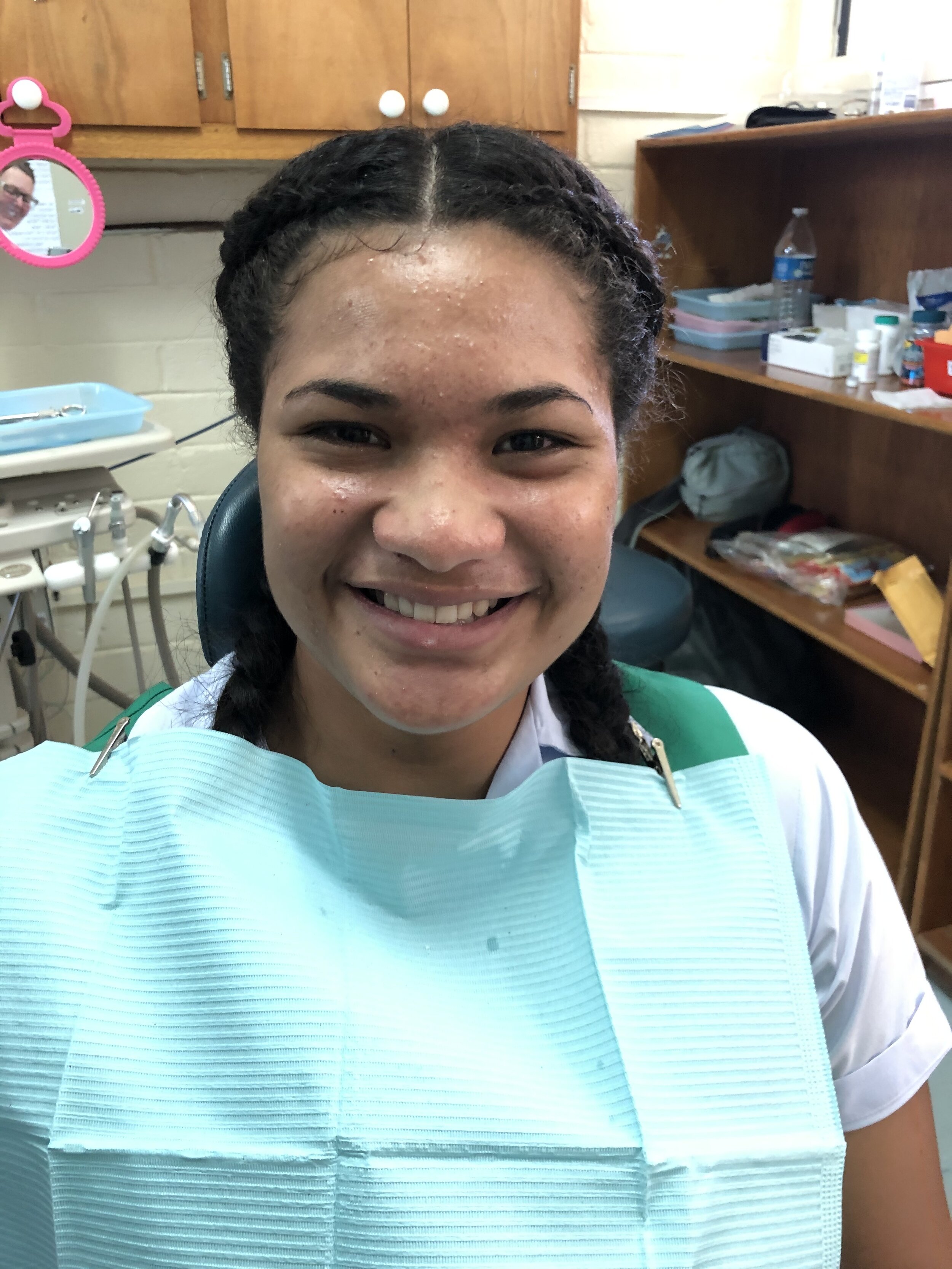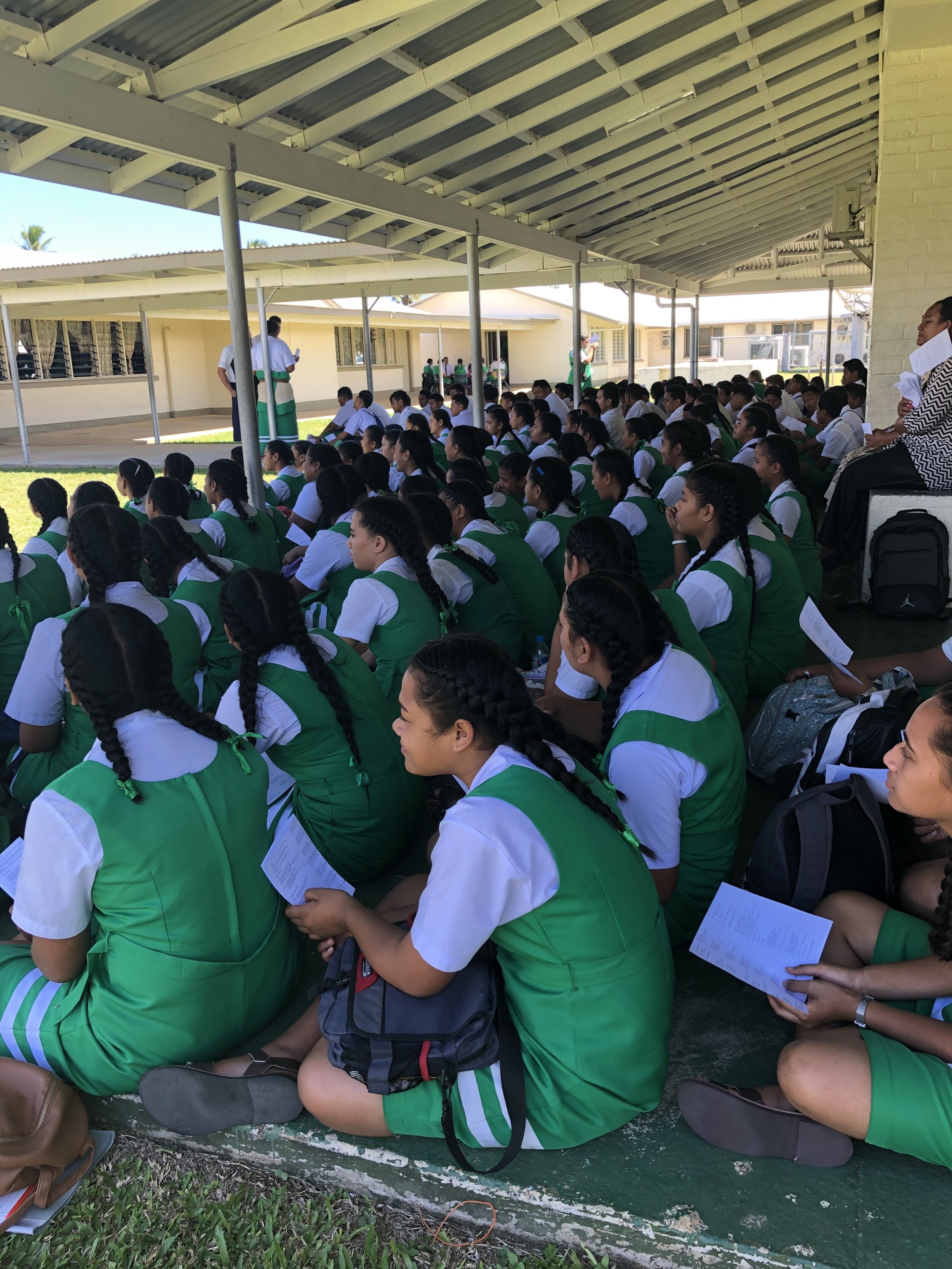A child’s first visit to the dental office doesn’t need to be scary. By bringing young children into the office at an early age before major problems arise, instructions on how to effectively take care of developing teeth can be provided. It would be preferable that a child’s initial visit to the dental clinic be for a routine examination, rather than an emergency situation. Although not ideal, their first visit to the dentist may be to treat pain from tooth decay, trauma, or infection. These appointments can be difficult for some children, as they may not understand what needs to be done or are unable to cope well. By explaining what needs to be done in terms they can understand and using the principles of “tell, show, do” many children can become cooperative enough to allow the necessary work to be performed. Working with children can be challenging at times, but with patience and kindness, many are able to overcome their fears and develop the trust needed for the dental procedures to be done while awake. As with most dental work, if a potential problem can be identified early when it is small, it is generally easier and less invasive to treat than if it is ignored or significant time elapses before it is dealt with. Otherwise, it can become a bigger problem that is less predictable and more expensive to treat.
In instances where children are either very young, lack the ability to have dental work done in the office awake, require difficult procedures, or a significant quantity of work, several options exist. These may include the use of nitrous oxide (laughing gas), dividing the work into shorter more manageable appointments, or having the work done at the local hospital under general anesthetic.
When children are brought in for a routine visit to have their teeth cleaned and examined, instructions are given how often to brush and floss, with proper techniques demonstrated. Good oral health care habits can be reinforced with encouragement, along with advice for areas needing improvement. These patterns are essential for maintaining lifelong oral health. X-rays are often taken, along with an examination by the dentist to determine if infection or decay is present, the status of current restorations, extra or missing teeth, gum health, tooth positions and type of bite, along with other abnormalities (such as a tongue-tie) and habits such as thumb-sucking. A treatment plan is developed if cavities are identified and fillings or other work are needed. Because tooth decay is a bacterial infection of the teeth, it is best to treat it as soon as possible, even in baby teeth that are expected to eventually fall out, so that it doesn’t spread to adjacent permanent teeth. Teeth that require early removal may also benefit from space maintainers to hold room for the unerupted permanent teeth.
By identifying how the teeth fit together and overlap, recommendations are given regarding the need for orthodontics and the ideal timing to address the concerns. Some instances of misalignment with crowding or spacing may benefit from early intervention to achieve a better result, even before the permanent teeth have all fully erupted. Records consisting of photos, models, and x-rays are taken to determine a diagnosis and treatment plan in anticipation of braces.
Following their appointment, children should feel confident that any issues with their teeth can be resolved with follow-up visits and that positive reinforcement of good habits can be achieved through encouragement from clinic staff. It’s always rewarding for children to know that they have done their best to be cooperative by having the opportunity to select a prize at the conclusion of their dental visit. Dr. Greg Steed, Dr. David Baker, and Dr. Mark Leishman at Ascent Dental in Pincher Creek look forward to seeing you and your child at your next visit to the office.







